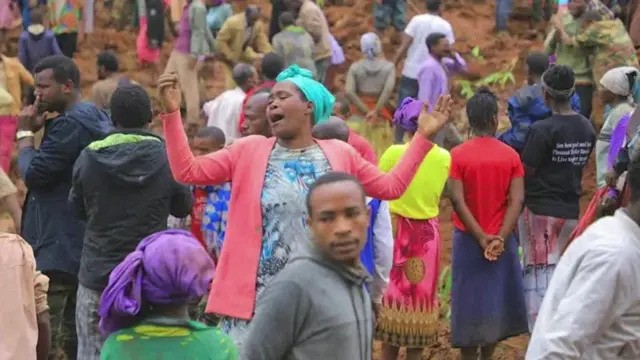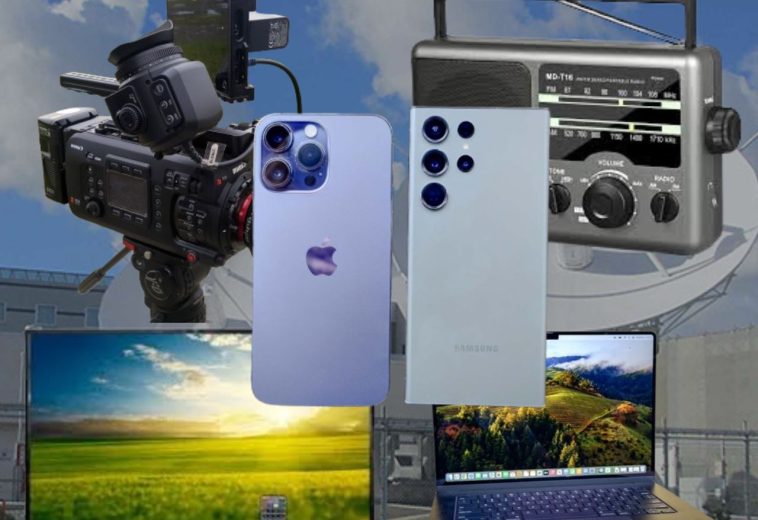Addiction is a debilitating illness characterised by compulsive drug seeking and use, presents a significant challenge across the African continent. According to the World Health Organization (WHO), Africa has the world’s second-highest burden of drug use disorders, disproportionately impacting vulnerable populations. However, amidst this challenge, a powerful force is emerging: African women are rising as agents of change, breaking the cycle of addiction for themselves, their families, and their communities.
The impact of addiction in Africa is multifaceted. Poverty, unemployment, social unrest, and limited access to healthcare contribute to the rise of substance abuse. While traditional substances like alcohol and cannabis remain prevalent, the increasing availability of synthetic drugs like methamphetamine poses a growing threat. Furthermore, cultural stigmas surrounding addiction often deter individuals, particularly women, from seeking help.
A 2023 report by the United Nations Office on Drugs and Crime (UNODC) revealed that only one in five people with a drug use disorder in Africa receive treatment, highlighting the significant gap in access to care.
African women face unique challenges in the fight against addiction. Here’s how gender disparities play a role:
Socio-Economic Factors: Limited economic opportunities and gender inequalities often push women towards coping mechanisms like alcohol or drugs. Furthermore, cultural norms may restrict their access to resources and decision-making power, hindering their ability to address their addiction.
Domestic Violence and Trauma: Women experiencing domestic violence or sexual assault are more susceptible to substance abuse as a way of coping with the emotional trauma. Limited access to support services further compounds these challenges.
Lack of Gender-Specific Treatment: Existing treatment programs often lack a gender-sensitive approach, failing to address the specific needs of women. This includes childcare considerations, culturally competent therapy, and addressing issues related to sexual and reproductive health.
African Women Taking Action
Despite the challenges, African women are demonstrating remarkable resilience and leadership in the fight against addiction. Here are some ways they are making a difference:
Grassroots Initiatives: Women are establishing community-based organizations that provide support groups, skills training, and access to healthcare specifically for women struggling with addiction. These initiatives foster a safe space for women to share their experiences and find encouragement. A 2022 study by the African Centre for Leadership and Development revealed that community-based support groups led by women in Kenya have seen a 70% increase in women seeking treatment for addiction.
Advocacy and Awareness Campaigns: Women are raising their voices to challenge the stigma surrounding addiction and advocate for improved access to gender-specific treatment programs. They are using storytelling, music, and social media to raise awareness and educate communities about addiction.
Promoting Traditional Healing Practices: Some women are integrating traditional healing practices with modern treatment approaches. This holistic approach recognizes the importance of addressing the physical, spiritual, and emotional aspects of addiction.
Economic Empowerment: Recognizing the link between poverty and addiction, women are promoting initiatives that provide skills training and employment opportunities for women in recovery. Financial independence empowers women to build a life free from addiction.
To empower African women as agents of change in breaking the cycle of addiction, a collaborative effort is necessary:
Investing in Gender-Specific Treatment: Governments, international organizations, and NGOs need to invest in developing and implementing culturally-sensitive treatment programs tailored to the needs of women. This includes providing childcare services and addressing issues related to sexual and reproductive health.
Strengthening Community Support Systems: Investing in community-based organizations led by women is crucial for providing accessible support and fostering a sense of belonging for women in recovery.
Promoting Mental Health Services: Ensuring access to quality mental health services can help women address underlying conditions like depression or anxiety that may contribute to addiction.
READ ALSO: South Africa’s Digital Health Innovation Strategy Leads the Way
Empowering Women Economically: Supporting initiatives that provide skills training and microloans can empower women to achieve financial independence, a crucial factor in sustaining recovery. “We cannot break the cycle of addiction unless we empower women. By investing in their recovery and leadership, we can build healthier communities for all,” says Dr. Ngozi Okonjo-Iweala, Director-General of the World Trade Organization.
The Power of Hope
The fight against addiction in Africa is far from over, but the stories of African women overcoming immense challenges offer a beacon of hope. Their strength, resilience, and unwavering commitment to healing themselves and their communities are paving the way for a brighter future. By dismantling the stigma surrounding addiction, investing in gender-specific treatment programs, and fostering supportive ecosystems, we can empower African women to break the cycle of addiction and create a future where addiction no longer steals lives and potential. As Wangari Maathai, renowned Kenyan environmental activist, stated, “The greatest danger for most of us is not that our aim is too high and we miss it, but that it is too low and we reach it.” By setting high goals and empowering African women to reach their full potential, we can create a continent free from the grip of addiction, where every woman has the opportunity to thrive.


